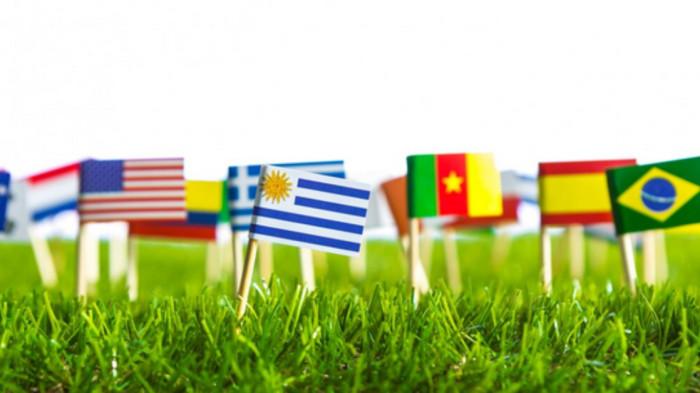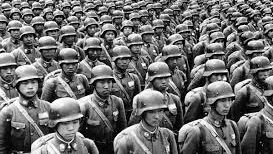Independence Day is often a symbol of hard-won freedom, celebrated with parades, festivals, and national pride. Yet not all nations in the world have such a day on their calendars. For some, the absence of colonization or the path to sovereignty through other means has resulted in different forms of national observance.
According to WIONews, here are five countries that do not celebrate Independence Day and the reasons why.
Nepal
Nepal, officially the Federal Democratic Republic of Nepal, has never been colonized by a foreign power. Historically positioned as a buffer between Imperial China and British India, Nepal has always remained sovereign. As a result, it does not have an Independence Day to commemorate.
Thailand
Thailand, officially the Kingdom of Thailand, is the only Southeast Asian nation never colonized by a foreign power. Instead of celebrating independence, Thailand observes National Day on December 5, honoring the late King Bhumibol Adulyadej’s birthday.
China
China, officially the People’s Republic of China (PRC), was never fully colonized. After the Chinese Revolution in 1949, Chairman Mao Zedong declared the founding of the PRC. Since then, the nation has celebrated National Day on October 1, not Independence Day.
Canada
Canada became a self-governing dominion within the British Empire through the British North America Act of 1867. Rather than Independence Day, Canadians celebrate “Canada Day” each year on July 1, marking the country’s confederation.
Denmark
Denmark also has no Independence Day. Instead, the country commemorates Constitution Day every June 5, in honor of the signing of its constitution.
These cases highlight the diversity of historical experiences that shape national identity. While many nations commemorate liberation from colonial rule, others celebrate milestones such as constitutional enactments or royal traditions to signify sovereignty.









